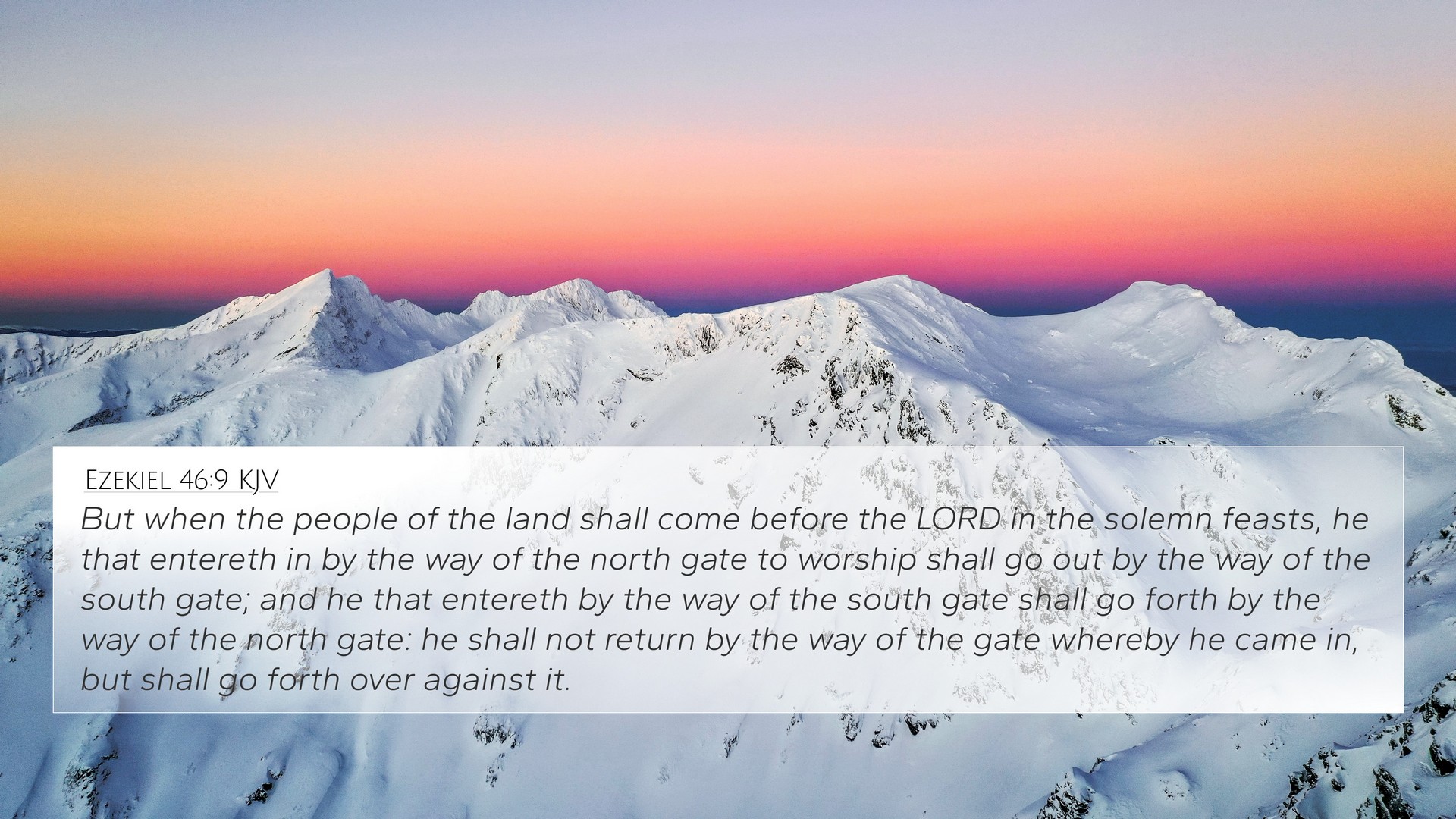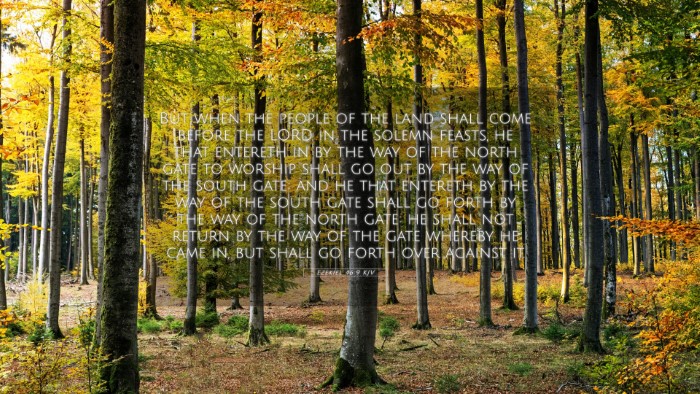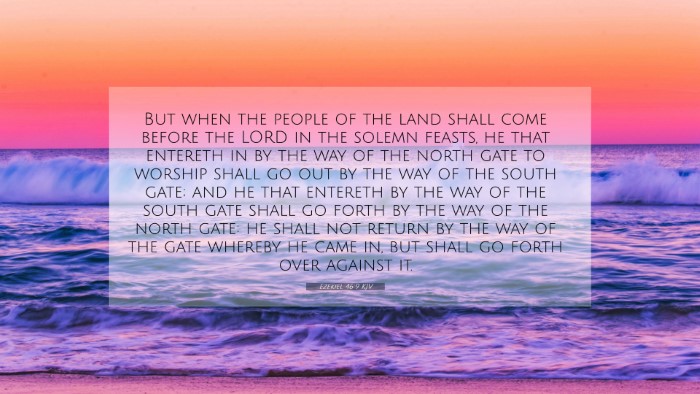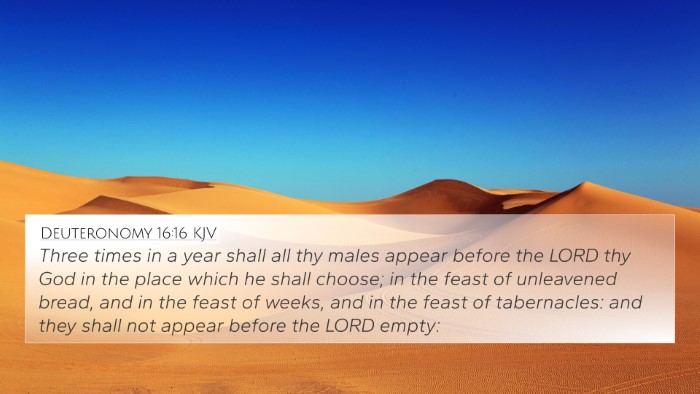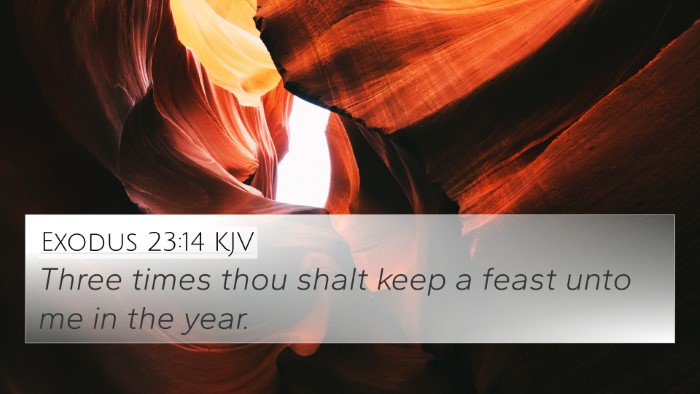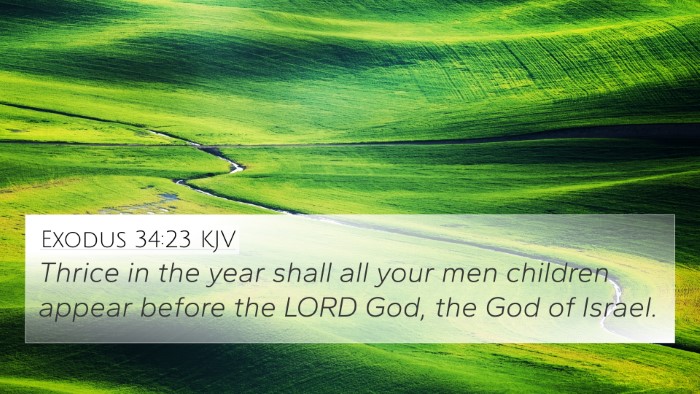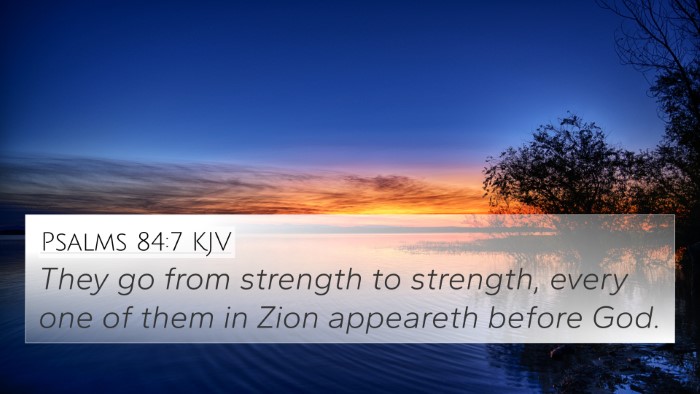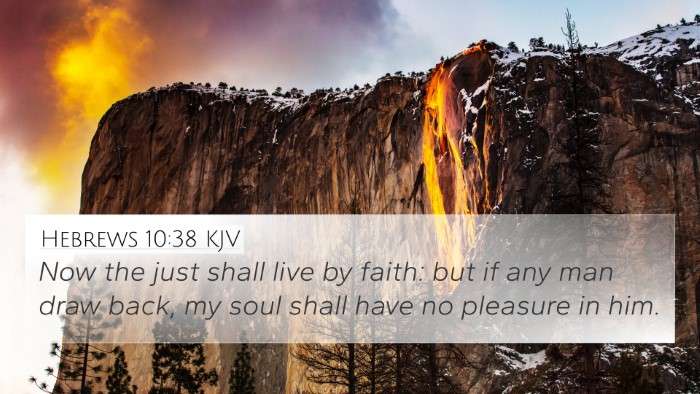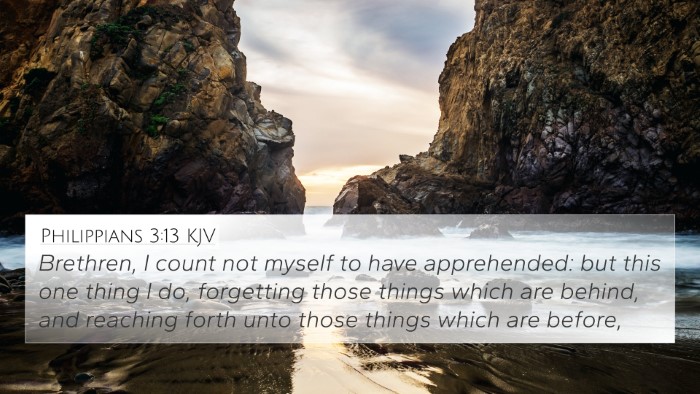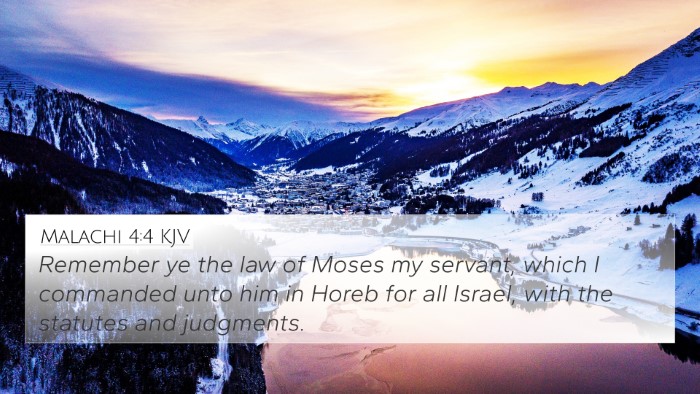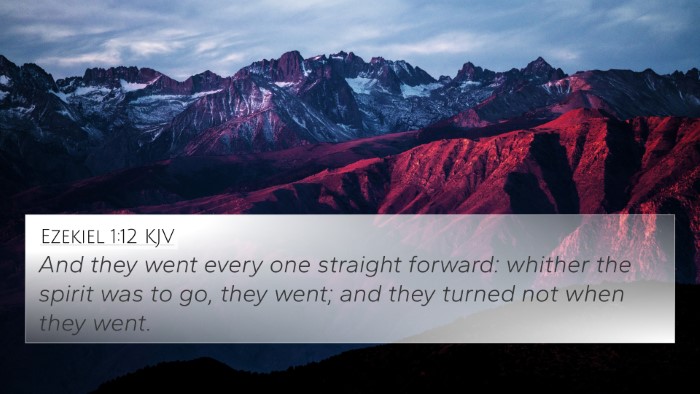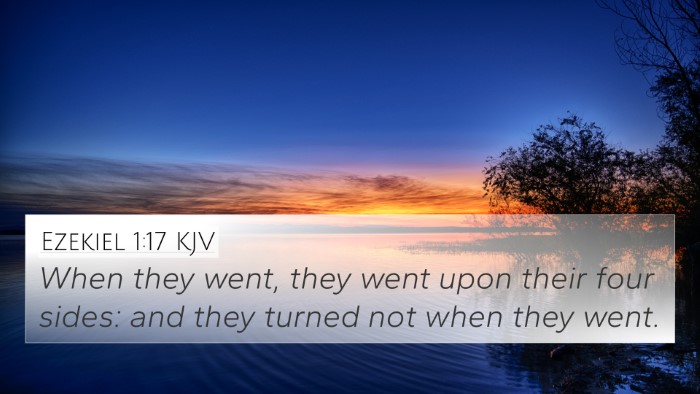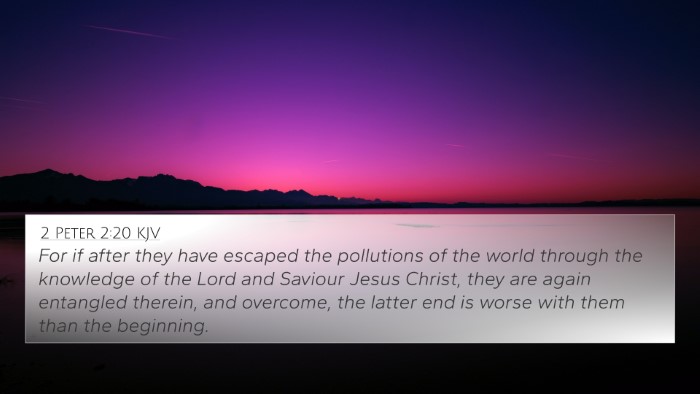Understanding Ezekiel 46:9
Ezekiel 46:9: "But when the people of the land come before the Lord at the appointed feasts, he who enters by the north gate to worship shall go out by the south gate; and he who enters by the south gate shall go out by the north gate; no one shall return by the gate by which he came, but shall go out through the opposite gate."
This verse forms part of the instructions given to Ezekiel concerning the worship practices in the restored Temple. The significance of this ritual can be explored through various public domain commentaries, offering deep insights into its meaning.
Commentary Insights
-
Matthew Henry's Commentary:
Henry emphasizes the orderly conduct of worship that God expects from His people. He points to the importance of maintaining the sanctity and reverence due when approaching the Lord, noting that the act of exiting through a different gate symbolizes a transformed life after encountering God. The movement reinforces the idea of new beginnings and dedication to a righteous life.
-
Adam Clarke's Commentary:
Clarke provides additional insights by discussing how this regulation is a representation of God's order in worship. He mentions that this procedure not only affirms the importance of following divine instructions but also serves to unite the people in a common act of worship, reinforcing community and shared faith.
-
Albert Barnes' Notes:
Barnes highlights the symbolism behind the north and south gates. From a spiritual standpoint, he suggests that the entry and exit through different gates illustrate the idea of leaving behind one's former life and emerging renewed after a worship experience. This action acts as a spiritual journey where believers must not return unchanged.
Thematic Connections
This particular verse can be understood as part of a broader theme of ritual purity and proper worship. The directive to use different gates emphasizes the transformational aspect of worship within a community. Some pertinent cross-references include:
- Leviticus 1:9 - Discusses the sacrificial offerings and the proper approach to God.
- Psalm 84:10 - Illustrates the beauty of dwelling in God's courts and the joy of worship.
- Hebrews 10:22 - Encourages believers to come close to God with a sincere heart, drawing on the imagery of clean hands and a pure heart.
- 1 Peter 2:5 - Comments on believers as living stones being built into a spiritual house for worship.
- Matthew 5:23-24 - Talks about the importance of reconciliation before offering gifts at the altar, reflecting the need for purity in worship.
- John 4:23-24 - Establishes the idea of true worshippers worshipping in spirit and truth.
- Isaiah 1:13-15 - Critiques empty rituals and emphasizes the need for genuine worship over mere formality.
Importance of Worship Rituals
Worship rituals, as illuminated by Ezekiel 46:9, serve as a conduit for believers to encounter the divine. The act of entering one gate and exiting another is deeply symbolic; it represents a physical manifestation of spiritual renewal. This integration of physical movements with spiritual significance can be seen in many other scriptures, linking Bible verses in profound ways.
Tools for Bible Cross-Referencing
To delve deeper into the connections between Bible verses, various tools can aid the study of Scripture:
- Bible Concordance: A valuable resource for finding specific verses based on keywords and themes.
- Bible Cross-Reference Guide: Helpful in identifying related scriptures across different books.
- Cross-Reference Bible Study Methods: Approaching the Bible with an awareness of interconnections enhances understanding of spiritual truths.
- Comprehensive Bible Cross-Reference Materials: A collection of cross-references can illuminate major biblical themes.
Conclusion
Understanding Ezekiel 46:9 through the lens of public domain commentaries reveals the rich layers of meaning that accompany this verse. By analyzing it alongside other biblical texts, we uncover the vast web of connections that knit together the fabric of Scripture, offering valuable insights into the nature of worship, community, and spiritual renewal.
Further Reflections
This verse prompts us to consider our approach to worship. Are we entering as transformed individuals, ready to leave our old ways behind? The act of worship transcends mere ritual; it calls for sincerity, reverence, and a readiness to engage with God’s presence.
